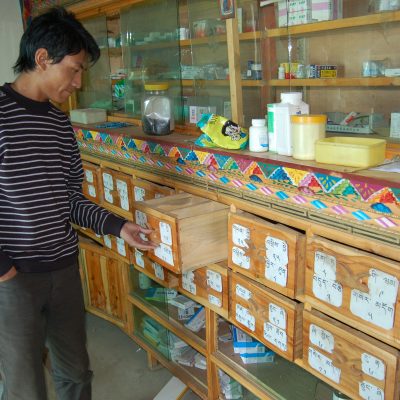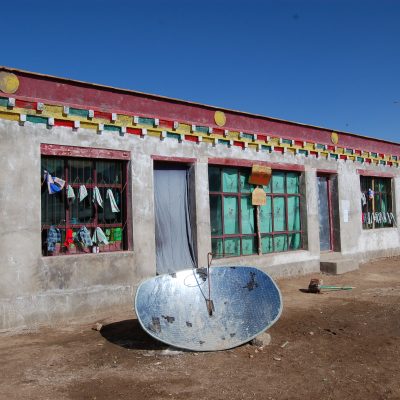When such values are recognised and brought into conversations about environmental stewardship, they can strengthen collective action, broaden public engagement, and help foster more enduring, community-rooted approaches to protecting nature.
Everyone interprets and interacts with the natural world through particular lenses, whether consciously or not. Faith traditions and broader worldviews shape how people understand nature, value it, and act within it. Conservation is no exception. Despite its aspirations, it has often been guided by technical, financial, and state-centric approaches that overlook the moral, relational, and cultural dimensions of care. In response, it is important to work with people and communities whose perspectives foreground relational values, including faith actors, rather than viewing nature through instrumental or intrinsic value frames only. Further, such engagement should not be transactional. It calls for honesty, humility, and dialogue that supports mutual learning.
People of faith and local communities who live out their relational worldviews play a critical role in shaping the planet’s future. In a globalised world, where decisions made in one place will likely have far-reaching effects elsewhere, their contributions are more important than ever before. Yet, effective engagement and dialogue requires more than establishing communication channels; it involves recognising them as co-governance partners whose moral authority, social capital, and cosmological or theological understandings can strengthen and transform conservation practice.
Recent and ongoing activities and partnerships illustrate our engagement in this important area:
(1) Participation in panel discussion at the World Conservation Congress 2025, “The Missing Piece in Conservation? Engaging World Faiths and Worldviews at the Grassroots”
– Multi-speaker dialogue in the form of a panel discussion about faith and conservation, organised by Nicholas Warren (A Rocha International), Chantal Elkin (WWF-UK) and Bas Verschuuren (IUCN), and hosted by Judith Ochieng (A Rocha Kenya). Panellists included leaders from A Rocha International, WWF’s Beliefs & Values Programme, IUCN’s Specialist Group on Cultural and Spiritual Values of Protected Areas, Plateau Perspectives, the Islamic Foundation for Ecology and Environmental Sciences, and researchers of sacred natural sites; collectively bringing insights from Christian, Islamic, Buddhist, and Indigenous traditions.
– Discussion underscored a common theme: conservation is a cultural and moral endeavour, not just an ecological one. A Rocha International reported “the session closed with a shared call for a new kind of collaboration, one that treats faith communities as equal partners and recognises that caring for nature is both a scientific and a moral responsibility” (a printable PDF version of this report is also available here).
– For more information, see the IUCN CEESP Religion, Spirituality, Conservation and Climate Justice Specialist Group, as well as Guidance Notes on the Cultural and Spiritual Significance of Nature and a short film produced by IUCN CEESP and the Society for Conservation Biology.
(2) Practical scholarship on relational thinking (in collaboration with Dr Daniele Brombal, Lab on Area studies for Sustainability Transformations, Ca’ Foscari University of Venice)
– Outcome of study retreat about anticipated impacts of the Belt and Road Initiative on social-ecological systems: The Cansiglio Declaration: Advancing a common ‘Charter of Values’ for the mutual benefit and well-being of living communities along the New Silk Roads (Brombal et al., 2019). Marco Polo Centre for Global Europe-Asia Connections.
– Article on relational values in sustainability sciences: Thinking Like a Mountain: Exploring the Potential of Relational Approaches for Transformative Nature Conservation (Foggin et al., 2021).
– Article about transforming EIAs to increase the voice and agency of local communities: Life Beyond the Checklist: Revitalizing the Potential of Environmental Impact Assessments Through Co-Creation (Brombal, Foggin, et al., 2025)
(3) Plateau Perspectives also partners with A Rocha International with whom it shares many values, especially a focus on investing in community—living in good relationship with God, one another, and wider creation. On this basis, we are delighted to announce that we have recently joined the Friends of A Rocha Network.




